People | November 30, 2023
Mitigating Forced Labor: Reflecting on our Pilot with YESS Standards
Ayushi Ghosh

They say it takes a village to raise a child– an entire community must provide for and interact positively with children for those children to experience and grow in a safe and healthy environment. But what must they grow into? A healthy standard of living? Access to fair livelihood? Survival with dignity? Opportunity for prosperity? What does that child need after it is done “being raised?”
At a wider scale, these questions turn into larger humanitarian conversations where there is a standard or a means that society aspires to achieve— Human Rights, a common understanding of the basics of human existence. But let’s roll back a little from an existential crisis to a real one that manifests itself in countries, economies, businesses, and the very same communities— forced labor.
Understanding Forced Labor
Forced Labor has deep historical, geopolitical, and socio-economic roots from ancient civilizations using enslaved people to medieval serfdom. Colonial powers exploited indigenous populations and harsh working conditions during the Industrial Revolution. The 20th century witnessed forced labor camps in totalitarian regimes. Forced labor, also known as involuntary labor or slavery, is a form of exploitation in which individuals are compelled to work against their will, often under threat of violence or other forms of coercion– a gross violation of human rights and considered a form of modern-day slavery.
The United Nations Forced Labour Protocol (UNFLP) is a pivotal instrument that underscores the urgency of combatting forced labor practices within various industries, most notably the textile sector. The UNFLP, introduced as an amendment to the broader International Labour Organization’s (ILO) Declaration on Fundamental Principles and Rights at Work, has propelled the issue of ending forced labor in the textile supply chain to the forefront.
The Current Discourse
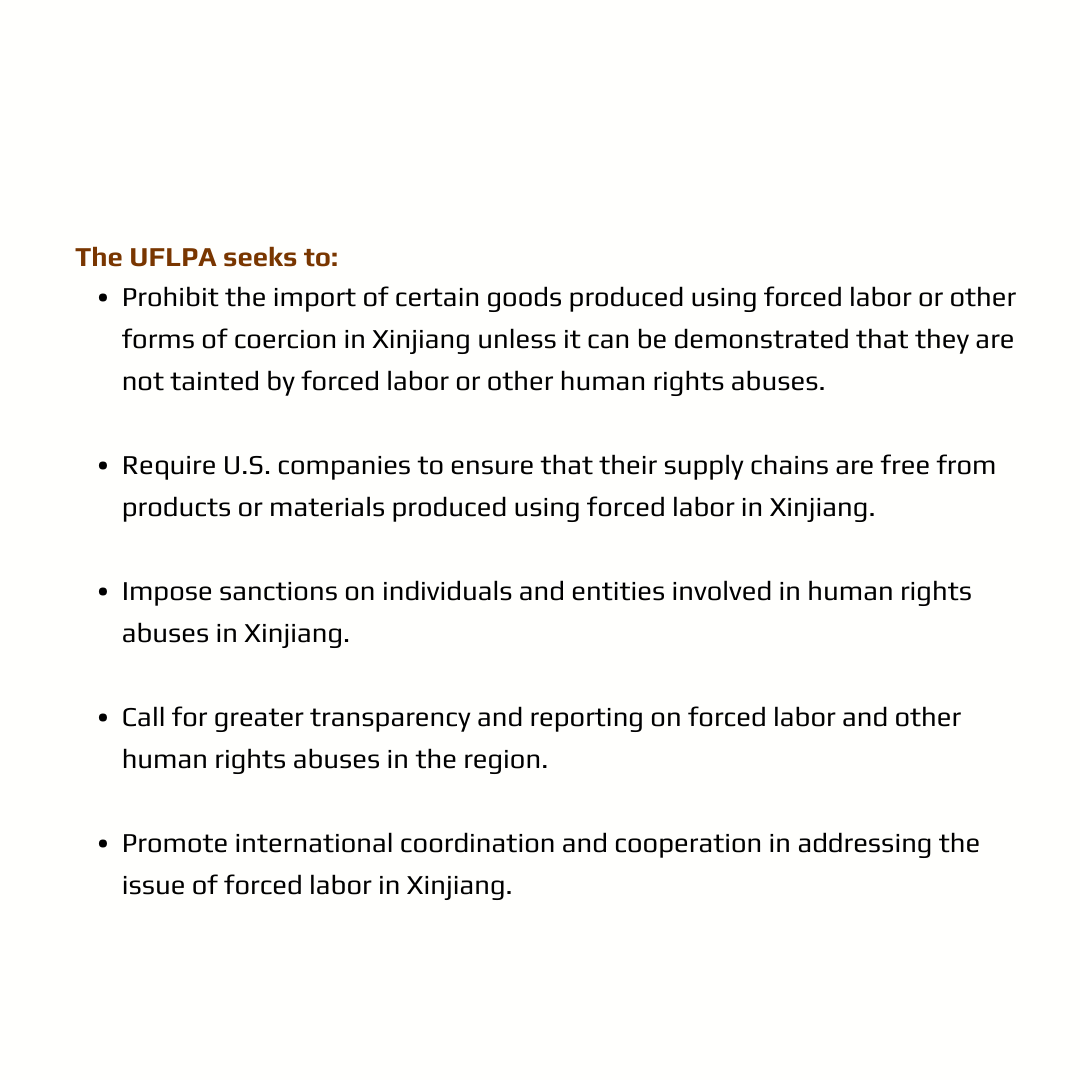
The eradication of forced labor within the textile supply chain has emerged as a fervent and pressing global concern, capturing widespread attention due to a confluence of factors. At the heart of this discourse lies the “Uyghur Forced Labor Prevention Act” (UFLPA), which came into force in the US in June 2022.
The UFLPA is a piece of legislation introduced in the United States Congress aimed at addressing and preventing forced labor and human rights abuses in the Xinjiang Uyghur Autonomous Region (XUAR) of China. The Uyghur people have faced widespread allegations of human rights violations, including forced labor, mass detentions in so-called “reeducation camps,” and other forms of repression in Xinjiang.
For Shahi, this resonated with our Responsible for People framework, which takes inspiration from our founder’s motivations for creating fulfilling and sustainable employment for women. As a vertically integrated manufacturer, we touch a large chunk of the upstream stakeholders. This makes us hyper-aware of the supply chain’s circumstances and the impending impacts that global policies, discourses, and paradigm shifts have on them.
In 2021, we started exploring Yarn Ethically & Sustainably Sourced (YESS), an initiative spearheaded by the Responsible Sourcing Network (RSN). RSN is a non-governmental organization that champions the human rights of vulnerable communities in mining and harvesting raw materials found in products we use daily. The next year, we piloted the YESS Standards, along with 6 other global suppliers, and are now the first mill in India to take the lead in implementing robust due diligence measures.
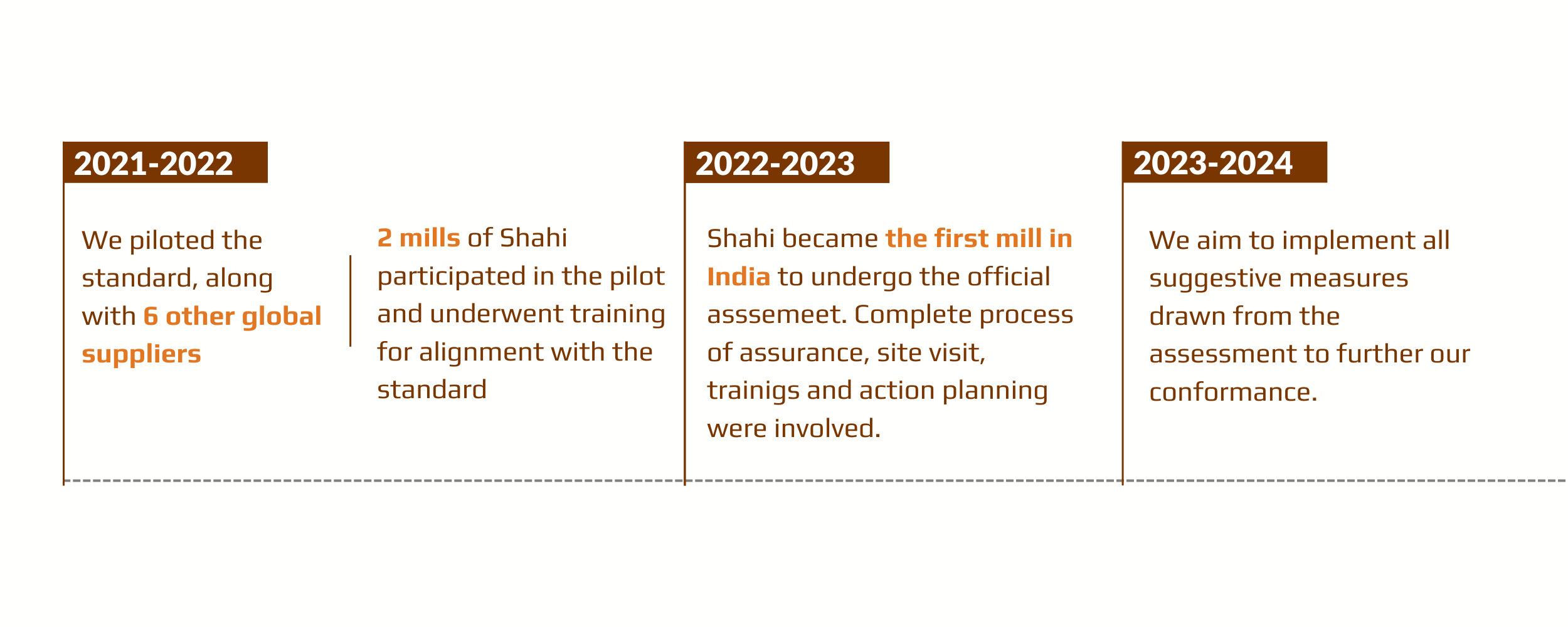
“Due diligence will help us align with upcoming legislation and also build capacities on critical topics like forced labor.”
— Anant Ahuja, Head, ESG
The Challenge: an Indian Supplier’s Perspective
India has a comprehensive legal framework to combat forced labor and protect workers’ rights. India’s Constitution prohibits forced labor under Article 23, the Bonded Labour System (Abolition) Act, 1976; Child Labour (Prohibition and Regulation) Act, 1986; Minimum Wages Act, 1948; Immoral Traffic (Prevention) Act, 1956, Inter-State Migrant Workmen (Regulation of Employment and Conditions of Service) Act, 1979, The Factories Act, 1948, and other labor laws.
The apparel and textile supply chain is a sprawling web across multiple countries. The numerous stakeholders create a diverse landscape of territorial and customs laws– making it challenging to monitor and regulate labor practices effectively. Being the 5th largest sector in employment, the global nature of this industry intensifies the urgency to address forced labor.
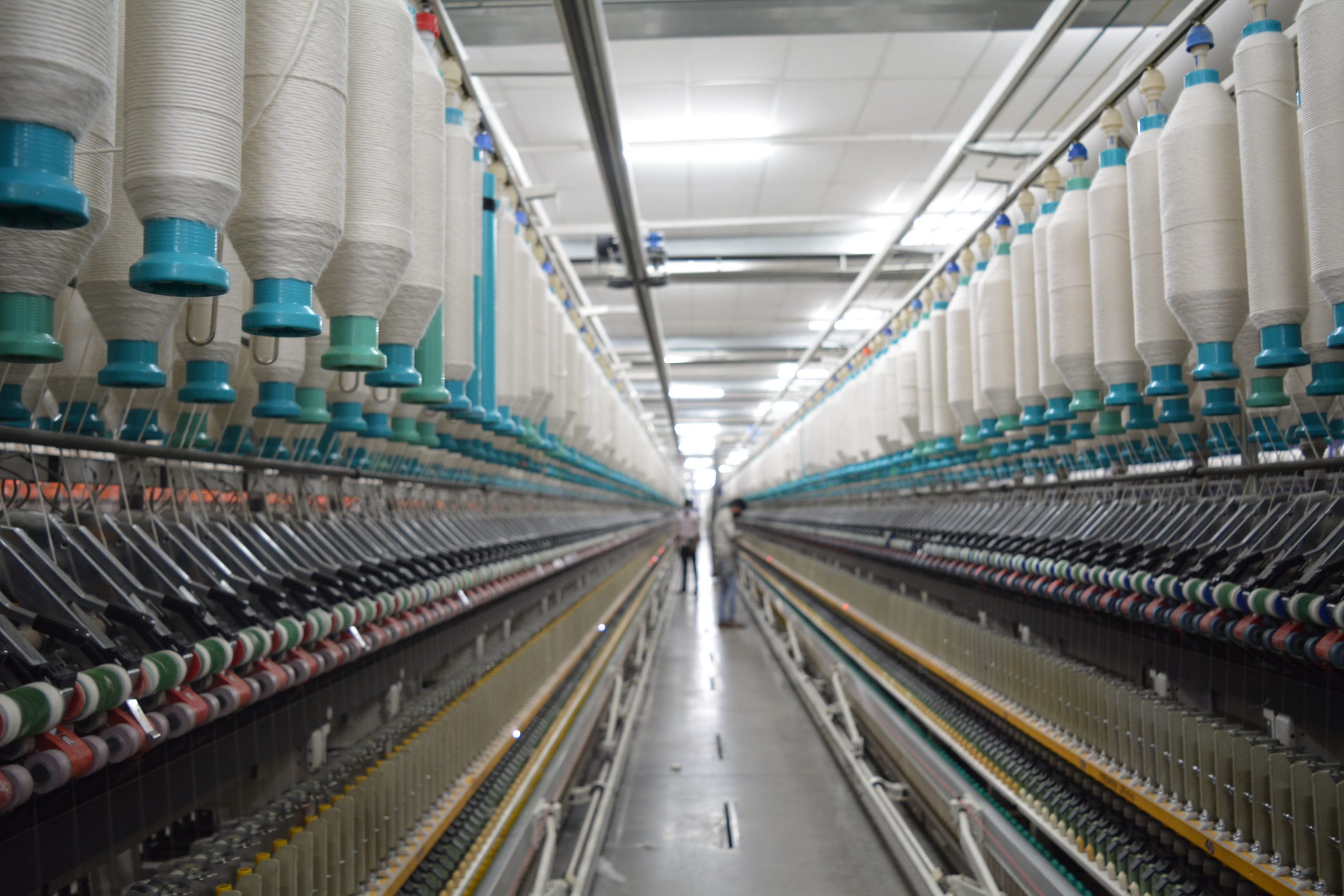
Aligning our Knits textile division with the YESS Standards, our aim is to drive slavery out of cotton production by eliminating the trading of cotton at risk of being produced through forced labor and increasing the use of ethical cotton. The YESS program assesses management systems and inventory controls of mills to identify, assess, and mitigate the risks of forced labor based on the Organisation for Economic Co-operation and Development (OECD) due diligence framework.
“Dedicating efforts to strengthen sustainable governance systems has kept Shahi in the forerunning. With YESS, we will strengthen our due diligence and continue to provide ethically sourced and produced garments to our customers.”
— Ramalingam T, CEO, Knits Division
As a leading manufacturer, our awareness and understanding make our support of international efforts in investigating, monitoring, and mitigating forced labor crucial. Shahi serves on the Advisory Committee of YESS, which brings together different industry players, such as brands, suppliers, and NGOs, to strategize the development of YESS into a commercial and practical standard.
Leveraging Due Diligence
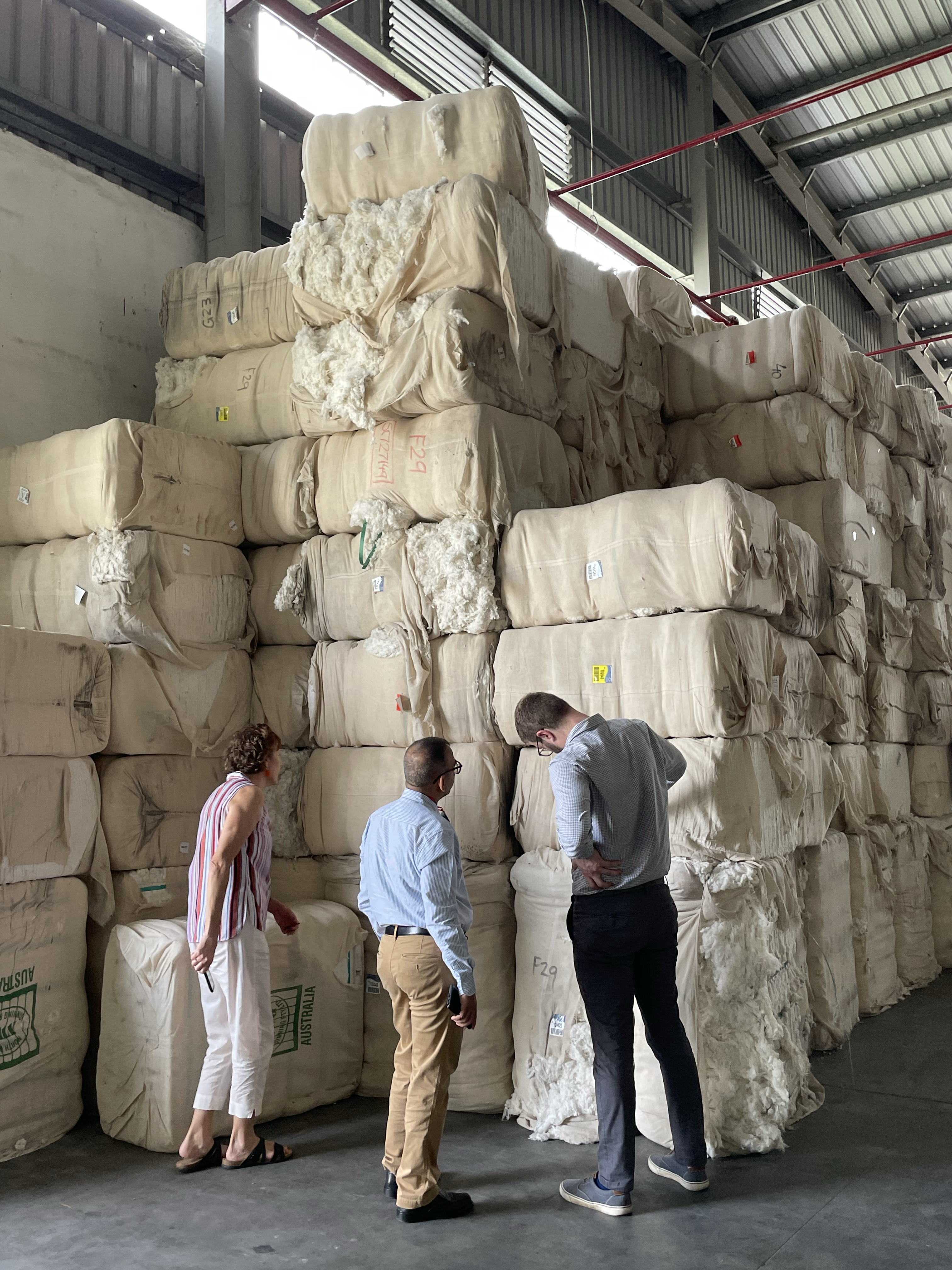
At Shahi, our existing processes allow us to vet, review, and select our suppliers through due diligence. The responsibility is spread across our Sourcing, Warehousing, Accounting, Auditing, and compliance teams. From vendor due diligence to ensuring product quality, we have clear transparency and record-keeping
Verifying the source: We mandatorily seek proof of upstream supply chain— yarn and cotton purchase from our suppliers to check and verify the origin of the yarn and cotton.
Adherence to Policies: We require our suppliers to adhere to our Vendor Code of Conduct, Prohibition of child labor policy, Prohibition of Bonded and Forced labor, Modern Slavery and Human Trafficking Policy, and our Cotton Sourcing policy to ensure that cotton is sourced in compliance with the YESS Standards.
Vertical integration: This has served as a tool to keep track of our yarn inputs right from spinning.
Aligning with YESS
Empowered by the YESS frameworks, we strive to only purchase cotton materials from sources verified as not involving or contributing to forced labor in cotton production. The standards have helped us achieve added qualifications in our due diligence process.
“YESS is a more conversational assessment wherein the facility can explain its unique systems and processes around due diligence. The sourcing teams are able to solve queries and doubts, which is not possible in one-sided audits.”
— Amanullah SP, AGM, Spinning Production
Governance
- Support and build capacities of cotton-supplying counterparties to improve performance and conform to responsible cotton-sourcing policy.
- Exercise due diligence consistent with the Organisation for Economic Co-operation and Development (OECD) Due Diligence Guidance for Responsible Supply Chains in the Garment and Footwear Sector and encourage our suppliers to do the same.
- Exercise due diligence in consistency with US UFLPA
- Organize formally responsible sourcing teams within our existing sourcing teams
Assessment and action
- Annual assessments through YESS auditors to verify conformance status and continually identify opportunities to improve our responsible cotton due diligence management system.
- Preparing reports on progress and sharing with the YESS
- Where risks of forced labor in cotton production are identified, develop a risk management plan that engages internal and external actors in the supply chain who can collectively mitigate the risks of adverse impacts.
“I am impressed with Shahi’s team for not only taking a deep dive into the nuances of forced labor but then strengthening their processes and implementing a due diligence approach to identify, assess, and mitigate this abuse. I appreciate they care about contributing to solutions that have an impact.”
— Patricia Jurewicz, CEO of RSN/YESS
What we look forward to
We look forward to strengthening our relationship with our suppliers and supporting them with our learnings from sustaining a 115,000-strong workforce and exposure to evolving standards and our position in the industry.
With YESS, we have made an attempt to align the company with the upcoming legislation— a proactive measure that gives us the confidence to serve international clients. As we write this piece, more regulations will be adopted worldwide. In the upcoming years (Years 2 and 3), through YESS, Shahi will be able to implement the vision behind these regulations and contribute to mitigating the risk of forced labor.
Featured Posts

Featured | October 17, 2025
Shahi Exports Becomes Champion of the Coalition for Reproductive Justice in Business, Partners with UNFPA India
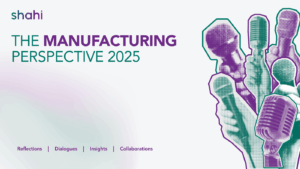
Featured | September 30, 2025
The Manufacturing Perspective | 2025

Featured | September 18, 2025
The Missing Link in Scaling Sustainable Fashion Innovation
Get in touch!
Social Share

Check out our Coffee Table Book
Shahi is proudly powered by WordPress






